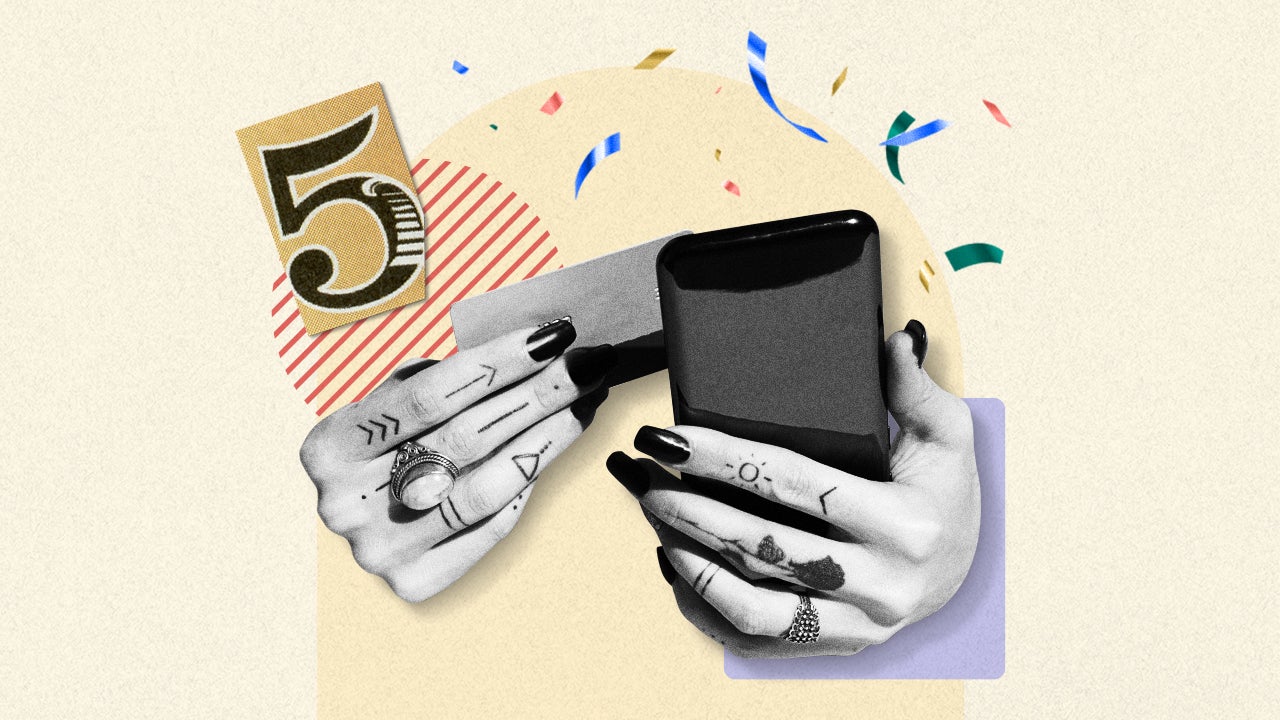Top credit-building apps of 2025

If you have no credit or need to rebuild credit after some credit missteps, credit builder apps may be worth considering. The best credit-building apps offer short-term loans and alternative data reporting that can improve your credit score with little to no cost.
Results aren’t guaranteed and will vary depending on many factors, including the app you choose, your current score and your credit history. A good credit score (670 or higher FICO Score) makes life easier, even if you don’t plan to borrow money.
A credit-building app could give a bad score a boost or put you on the credit scoring map if you’re currently credit invisible, setting you up for better terms on future credit.
How credit-building apps work
Credit-building apps are digital tools that report regular payments on everything from rent to small loans to the major credit bureaus to help improve your score, or build enough credit history to generate a score.
You’ll generally find four types of credit-building apps:
- Bill payment apps: Apps like StellarFi pay your bills on your behalf, and you reimburse them with your connected bank account. The payments are then reported to the credit bureaus to help you build credit.
- Credit-building lender apps: Apps like MoneyLion and Self offer small loans designed to help build your credit. The idea behind credit builder loans is to regularly make small payments to improve your payment history.
- Credit monitoring service apps: Credit monitoring apps like myFICO let you see your credit score and alert you to changes. Some apps offer suggestions for improving your credit.
- Credit reporting services: Services like Experian Boost report payments not typically considered on credit reports, like rent and utility bills, to help you build credit.
The apps on this list are all offered by legitimate companies. However, before using any app, read the fine print carefully. Consider vetting services by reading customer reviews and checking the Consumer Financial Protection Bureau’s complaints database.
There’s no guarantee your credit score will increase with any of these apps. However, several of them provide data showing the average credit increases experienced by users:
- Experian Boost: 13 points
- Grow Credit: 44 points
- Kikoff: 84 points
The key to building your credit is to make payments on time. In many cases, you’re authorizing the app service to report accounts on your credit report that don’t usually appear there.
If you have no credit history, it can take at least six months of credit activity to get a FICO Score. Building credit after a bankruptcy or other significant setback takes longer, but you might see improvements after a couple of years of responsible financial behavior.
Top credit building apps for iPhone and Android
Most of the top credit apps are available for iPhone and Android devices. Many also have websites that offer the same services.

Experian Boost
-
Experian, one of the three major credit bureaus, is a credit reporting service app that offers a free and easy way to start building a credit history. It’s called Experian Boost, and it offers a way to report timely bill payments — like your rent, cellphone bill and utilities — to Experian.
You can choose which bills you want to share, and only your on-time payments are reported. It can even be used to help you meet minimum FICO Score requirements if you don’t have a credit score yet.
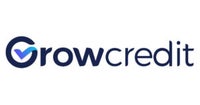
Grow Credit
-
Grow Credit is an app that helps you build or start your credit history through the monthly subscriptions you already pay for. You get a Grow Debit Mastercard to pay for subscriptions, and the payments are reported to the credit bureaus.
You can choose from three membership plans, depending on the monthly spending limit you need. The basic plan is free for the first 12 months. One thing worth noting: This service could add negative marks to your credit for missed payments on accounts that aren’t usually reported to credit bureaus.
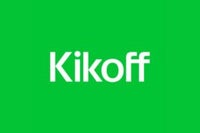
Kikoff
-
Kikoff offers a few products to help consumers build credit. The main product, the Kikoff Credit Account, offers a revolving line of credit of up to $750 that works like a credit card. Users can also opt for its rent and bill reporting service or its secured credit card.
Plans start at $5 per month, and your on-time payments are reported to the credit bureaus. Kikoff says users with credit scores under 600 see an average increase of 84 points over their first year.

MoneyLion Credit Builder
-
The MoneyLion app offers a range of financial products for consumers, including a credit builder loan. You can apply for loan amounts up to $1,000, pay off the loan over 12 months and have your payments reported to the credit bureaus.
After you make all your payments, you receive the loan funds. You can use that money for nearly any purpose, including kick-starting your savings.

myFICO
-
myFICO isn’t a credit-building app, but it gives you access to your FICO Score, the most widely used credit score. Its credit monitoring feature alerts you to track changes to your credit report, like hard inquiries or newly opened credit accounts. Tracking your credit score can help you identify problem areas and make adjustments to your spending habits.
There are three plans to choose from, with costs ranging from $0 to $39.95 per month. The plans offer different services and update frequencies.
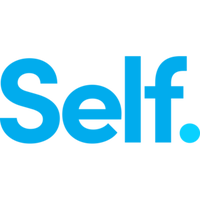
Self
-
Self offers credit builder loans. You don’t get access to the money until the end of the loan term, once you’ve made all your payments.
Each payment is reported to the credit bureaus to help establish your credit history. Depending on your budget and how much you want to get back once you pay off the loan, you can choose $25, $35, $48 or $150 for your monthly payment.
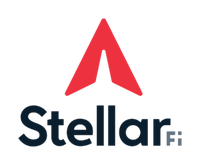
StellarFi
-
StellarFi is a mobile app that lets you get credit for your regular bills, including rent payments, utility bills and car payments. It pays the bills on your behalf with either a credit line or an installment loan option, then automatically deducts the paid bill amounts from your checking account. Your on-time payments to StellarFi get reported to the credit bureaus to help you build credit.
Other ways to build credit
Credit builder apps can be a good way to build your credit, but they’re not the only option. Some other ways to build credit include:
- Becoming an authorized user: You can piggyback off a friend or family member’s good credit by becoming an authorized user on their credit card. Their activity will show up on your credit report.
- Keep your credit card balances low: Your credit utilization ratio can tank your credit score if you max out even one credit card. The best plan for a credit score boost is to pay the balances in full each month. Aim to use less than 30% of your credit limit at any given time if you can’t pay the balances off.
- Catching up on your unpaid bills: When you miss payments, the debt may be sold to a collections agency. This gets reported to the credit bureaus and can hurt your score.
- Considering a secured credit card: Secured credit cards are for people with bad credit or no credit and require a cash deposit to get started. They help you build credit over time, and the best secured credit cards even offer rewards with no annual fee.
- Disputing errors on your credit report: Incorrectly reported balances, duplicated accounts and other errors can drag down your credit score. You can get free weekly credit reports at AnnualCreditReport.com to review your information.
- Working to get or stay out of debt: Your credit utilization ratio is the percentage of your available revolving credit you’re currently using, and it’s one of the most important factors of your credit score. Aim to use less than 30% of your credit limit at any given time.
Bottom line
The top credit-building apps can help you build credit from scratch or repair your credit after past financial troubles. Many feature free or low-cost plans to make credit building accessible on almost any budget. You can even build up a future savings account if you choose an account that pays your balance at the end.
If you plan to use a credit-building app, make sure your income and employment are stable first. Avoid apps that convert your utilities and subscriptions into credit reporting accounts if you’re already having trouble making the payments. Consider the costs of using the app and read the fine print to ensure you know what you’re signing up for.
Why we ask for feedback Your feedback helps us improve our content and services. It takes less than a minute to complete.
Your responses are anonymous and will only be used for improving our website.





